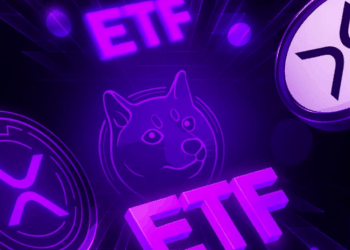The Ethereum Rich List offers a revealing look into how ETH is distributed among holders. As with many cryptocurrencies, a small group of wallets controls a significant portion of the supply. In Ethereum’s case, over 74 percent of the total ETH is held by just the top 100 addresses. This concentration means that a handful of entities have the power to influence market movements through their trading decisions.
Breakdown of Ethereum Holdings
According to OKLINK’s July 2025 Ethereum Rich List, the top 100 wallets collectively hold more than 74 percent of the total ETH supply. The next 200 wallets account for 9.27 percent, followed by another 200 holding 4.5 percent. Wallets ranked between 501 and 1000 possess 5.64 percent, while those beyond rank 10001 hold only 6.47 percent. This data highlights a steep drop-off in ownership beyond the top tier.
In total, less than 26 percent of ETH is distributed among thousands of smaller wallets. Interestingly, the concentration of ETH among top holders has increased over time. In mid-2024, the top 100 held around 60 percent, which has now risen to 74 percent. This suggests growing confidence among major holders, but also raises concerns about centralization.
Leading Ethereum Holder Revealed
The largest ETH holder as of July 2025 is the Beacon Deposit Contract, which holds 54.6 percent of the supply. This wallet, identified as 0x00000000219ab540356cBB839Cbe05303d7705Fa, serves as the deposit gateway for users becoming validators on Ethereum 2.0. Each validator sends 32 ETH to this address, locking it on the Beacon Chain.
Other top holders include major crypto exchanges such as Binance and Robinhood, which also feature prominently in the top 10 list.
Frequently Asked Questions (FAQs)
- What does the Ethereum Rich List show?
It highlights the distribution of ETH by ranking wallet addresses based on their holdings, offering insight into how Ethereum wealth is concentrated.
- How much ETH does the largest holder possess?
The leading Ethereum wallet controls over 54.6 percent of the entire ETH supply.
- Are there concerns about this level of concentration?
Yes, analysts warn that when a small group holds a majority of tokens, it can create centralization risks, potentially impacting Ethereum’s market stability.










